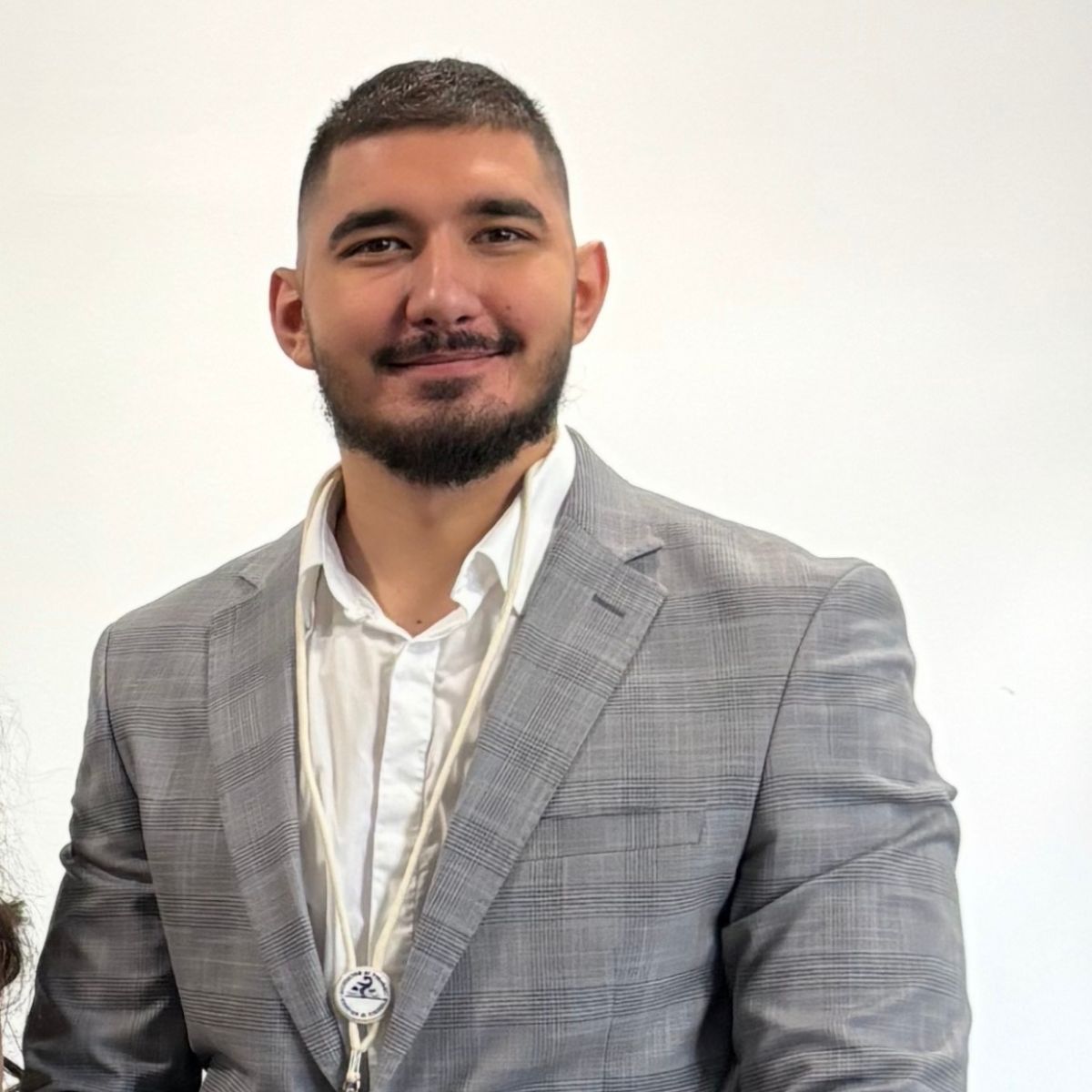By Nikolay Dobrev,
Former Chairperson, Association of Pharmacy students, Medical University of Plovdiv
Mentoring is often seen as a relationship where knowledge and experience are passed from one person to another. But in a university setting especially one as culturally diverse as the Medical University of Plovdiv, it becomes much more than that. It becomes a bridge between cultures, a tool for inclusion, and a powerful driver of personal growth, not only for mentees but also for the mentors themselves.
As a long term volunteer at the Big Brothers Big Sisters of Bulgaria and as a former chairperson of the Association of Pharmacy students, I’ve witnessed firsthand how impactful student mentoring can be. Our university is home to hundreds of international students from all over the world. Many of them arrive in Bulgaria with enthusiasm, but also with uncertainty, unsure how they will adapt, whether they will feel part of the local community, and what role they can play beyond their academic journey.
That is where mentoring makes a difference. In recent years, we have seen the unique value of involving international students not just as passive recipients of support, but as active mentors leading initiatives, guiding younger students, and, most meaningfully, engaging with members of the local community. This reverse dynamic where international students step into leadership roles and contribute to the host society adds an entirely new dimension to mentoring.
Through structured programs and informal interactions alike, international student mentors could support local high school students in making educational decisions, led health campaigns in underserved neighborhoods, and organized cultural exchange events that foster mutual understanding. These experiences are transformative not only for those being mentored but also for the mentors themselves. They develop critical skills, communication, leadership, intercultural competence that are difficult to cultivate in the classroom alone.
But perhaps even more importantly, these mentoring experiences foster a deep sense of belonging and purpose. For many international students, being able to contribute meaningfully to their temporary home country makes their time in Plovdiv not only educational but life-changing. They cease to be guests and start to feel like valued members of the community.
In my time as a student leader, I saw how such initiatives created a ripple effect. Mentors became more confident and engaged, mentees felt inspired and supported, and the wider university community became more cohesive and inclusive. The mentoring relationships built trust, broke stereotypes, and reminded all of us that education is not just about what we learn, but about the people we become and the connections we build along the way.
As universities across Europe and beyond seek to make internationalization more meaningful, I believe that integrating international students into mentoring roles, especially within the local context is one of the most effective and human ways to do it. In Plovdiv, we have seen it work. And I am confident that its impact will only grow stronger with each new generation of students who choose to learn and lead.

